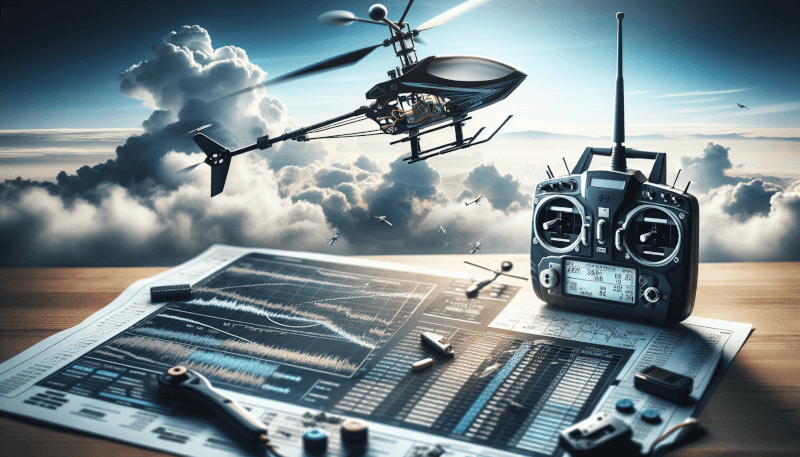Have you ever wondered how professional RC helicopter pilots keep track of their flights? In this article, we will discuss the importance of keeping a flight log for your RC helicopter and the top 5 types of information you should include. From recording flight times to tracking battery usage, these flight logs not only serve as a valuable reference but also help you improve your flying skills. So, grab a pen and paper, and let’s dive into the world of RC helicopter flight logs!
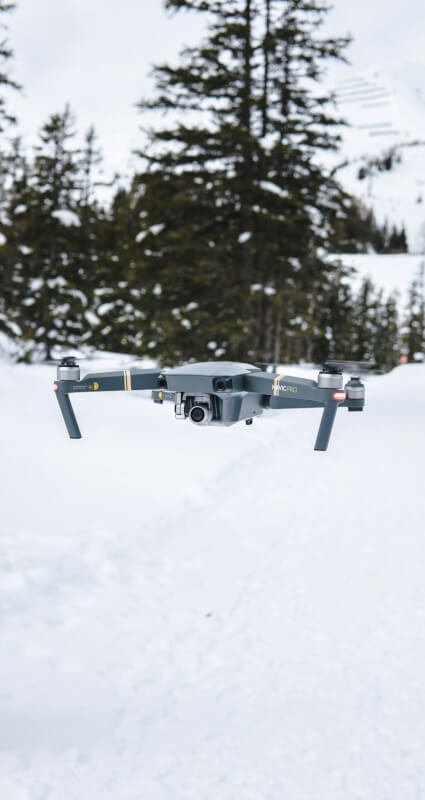
Heading 1: Flight Date and Time
Record the date of each flight
Note the time of each flight
Keeping track of the date and time of each flight is essential for maintaining a detailed record of your RC helicopter flying experiences. By noting the specific date and time of each flight, you will have a comprehensive timeline of your progress and can easily refer back to specific flights when needed. Whether you’re a beginner or an experienced pilot, having this information logged is invaluable for tracking your journey in the world of remote-controlled helicopters.
Heading 2: Flight Duration
Keep track of the duration of each flight
Note the total time spent flying
Monitoring the duration of each flight is crucial for various reasons. First, it allows you to calculate the total time you’ve spent in the air, giving you a sense of your overall flying experience. Additionally, noting the duration for individual flights can help you track improvements in your endurance as a pilot. By keeping a keen eye on flight duration, you can set goals to gradually increase the amount of time you spend in the air, which can lead to honing your piloting skills and gaining confidence.
Heading 3: Weather Conditions
Record the weather conditions during each flight
Note factors such as wind speed, temperature, and precipitation
Weather conditions play a significant role in RC helicopter flying. Recording the weather conditions during each flight is essential for analyzing how different elements can impact your flying experience. Key factors to note are wind speed, temperature, and the presence of any precipitation. By keeping a log of these weather conditions, you can identify patterns and determine whether certain conditions affect your flying performance or the overall behavior of your RC helicopter. This information will enable you to make more informed decisions about when and where to fly in the future.
Heading 4: Flight Location
Keep a record of the location where each flight took place
Note any noteworthy features of the flying area
Tracking the location where each flight took place is essential for several reasons. Firstly, it allows you to revisit specific flying spots that you particularly enjoyed or found challenging. Additionally, noting the flying area’s noteworthy features, such as trees, buildings, or other obstacles, gives you valuable context for your flights. By keeping a log of these different locations and their characteristics, you can assess how different environments impact your flying skills and adapt accordingly. Remembering where you’ve flown can also inspire new ideas for future flight spots.
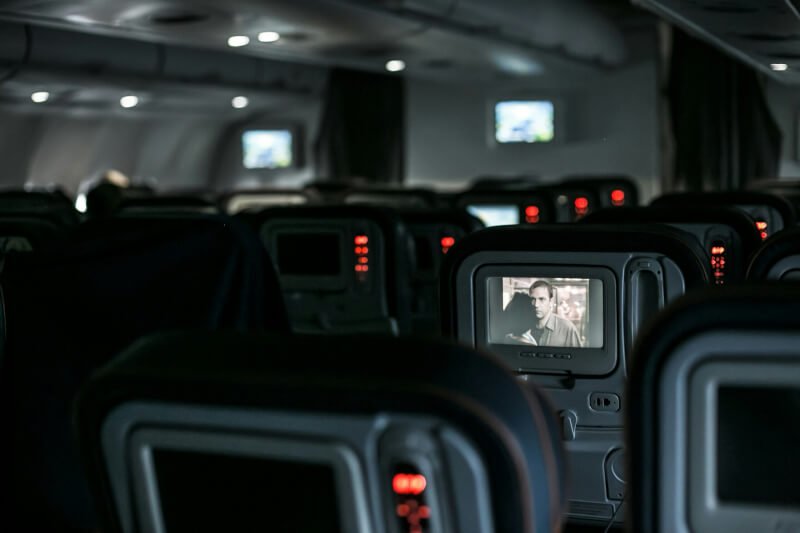
Heading 5: Flight Equipment
Record the specific RC helicopter model used for each flight
Note any modifications or upgrades made to the helicopter
Maintaining a record of the RC helicopter model you used for each flight is crucial for tracking your equipment’s performance and understanding any changes you make over time. By noting the specific helicopter model, you can assess how different models handle various flying conditions and maneuvers. Additionally, keeping track of any modifications or upgrades you’ve made to the helicopter allows you to monitor the impact of these changes on its performance. This information can guide future modifications or help you decide if upgrading to a new model is necessary.
Heading 6: Flight Battery
Keep track of the battery used for each flight
Note the battery’s condition and remaining charge
Monitoring the battery used for each flight is essential for optimizing your RC helicopter’s performance and ensuring a safe flying experience. By keeping a log of the battery you used, you can identify any patterns or potential issues related to battery performance. Noting the battery’s condition, such as whether it’s new or nearing the end of its lifespan, provides valuable context for assessing flight performance. Additionally, keeping track of the battery’s remaining charge allows you to plan your flying sessions more effectively and ensures that you won’t be caught off guard by a sudden loss of power mid-flight.
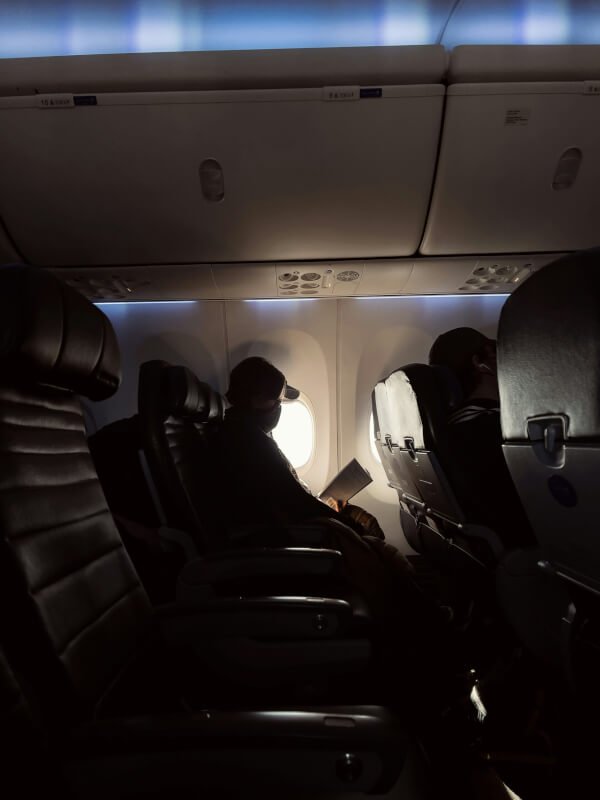
Heading 7: Flight Performance
Record any issues or malfunctions experienced during the flight
Note any repairs or adjustments made to the helicopter
No matter your level of experience, RC helicopter flights can occasionally encounter issues or malfunctions. By promptly noting any problems experienced during a flight, you can take the necessary steps to address them. Whether it’s a mechanical issue, a control problem, or any other unforeseen circumstance, documenting these incidents provides a valuable reference for troubleshooting and preventing similar issues in the future. Additionally, recording any repairs or adjustments made to the helicopter allows you to track the changes you’ve implemented to improve its performance.
Heading 8: Flight Training Progress
Keep a log of your progress in learning and mastering helicopter flying
Note any new skills or maneuvers achieved
Maintaining a log of your flight training progress is an excellent way to track your growth as an RC helicopter pilot. By documenting your journey, you can look back on your accomplishments and see how far you’ve come. Whether it’s mastering basic maneuvers, learning advanced tricks, or overcoming specific challenges, noting these milestones serves as a source of motivation and inspiration for future flights. Additionally, tracking your progress can help you identify areas where you might need further focus and practice.
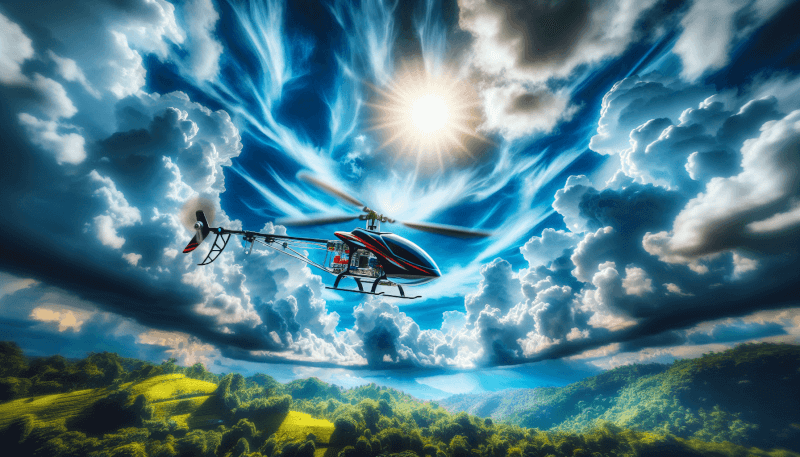
Heading 9: Flight Notes and Observations
Record any notable observations during the flight
Note any lessons learned or improvements to be made
Flight notes and observations are extremely valuable for refining your flying technique and expanding your piloting skills. By logging any notable observations during your flights, you create an opportunity for self-reflection and improvement. These observations can range from recognizing patterns in your flight behavior to identifying areas where you excel or struggle. Additionally, noting lessons learned or improvements to be made allows you to build upon your experiences and actively work towards refining your piloting abilities.
Heading 10: Flight Goals and Objectives
Set goals and objectives for each flight session
Record your achievements and progress towards these goals
Setting goals and objectives for each flight session keeps you focused and motivated. By establishing clear targets for each flight, you provide yourself with a sense of purpose and direction. Whether it’s mastering a specific maneuver, increasing flight duration, or tackling challenging weather conditions, these goals drive your flying experience forward. Recording your achievements and progress towards these goals allows you to celebrate successes and assess areas where you may need additional effort. This log serves as a source of motivation and a reminder of your dedication to becoming a skilled RC helicopter pilot.
In conclusion, keeping a comprehensive flight log for your RC helicopter is essential for tracking your progress, analyzing your performance, and improving your flying skills. By recording key details such as flight date and time, duration, weather conditions, location, equipment used, battery information, performance issues, training progress, observations, and goals, you create a valuable resource that guides you on your RC helicopter journey. So grab a notebook, start logging, and soar to new heights as an RC helicopter pilot!
